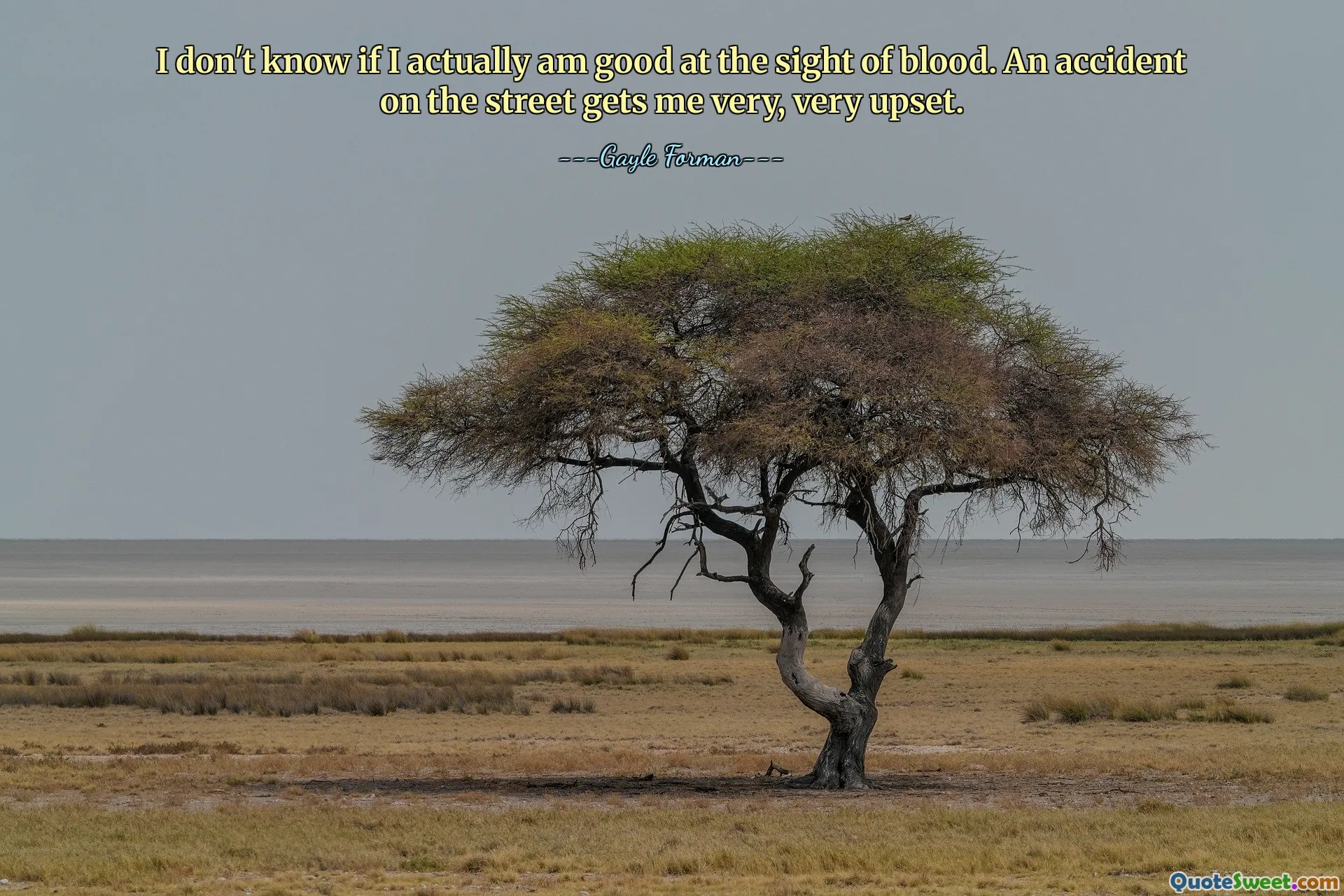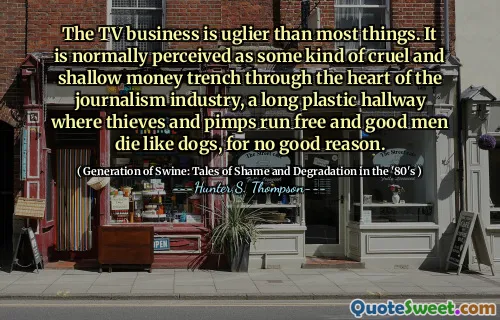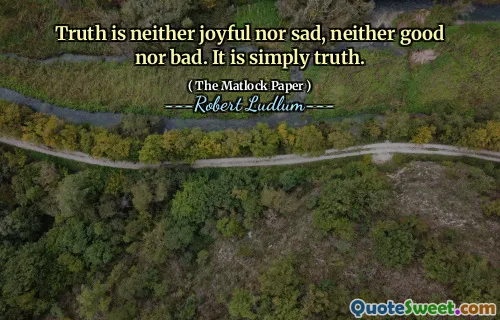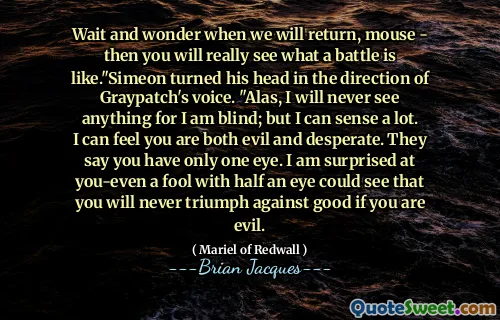
I don't know if I actually am good at the sight of blood. An accident on the street gets me very, very upset.
This quote reveals a candid introspection about personal limits and emotional reactions to trauma. It touches on the often complex relationship individuals have with their own physical and emotional boundaries. The speaker acknowledges a sense of doubt about their ability to handle graphic or traumatic situations, such as seeing blood, which many people find challenging. Their reaction to street accidents—becoming very upset—further emphasizes the sensitivity and empathy they possess, illustrating that even everyday tragedies can provoke strong emotional responses. This honesty about vulnerability can serve as a moment of connection, reminding us that strength isn't solely determined by how much we can tolerate, but also by how aware we are of our own reactions and limitations. Recognizing one's own emotional thresholds is vital for self-awareness and self-care, and the quote underscores a universal truth: nobody is immune to distress, and admitting vulnerability is a step toward understanding oneself better. It also alludes to the potential inner conflict between wanting to be strong or brave in difficult situations versus recognizing when one needs to step back and process emotional responses. Embracing such realities fosters greater empathy, not only towards ourselves but also towards others who may react differently to trauma or violence. The undercurrent of the quote emphasizes that acknowledging one's emotional reactions does not mean weakness; instead, it highlights authenticity and self-awareness—important qualities that contribute to emotional resilience.









